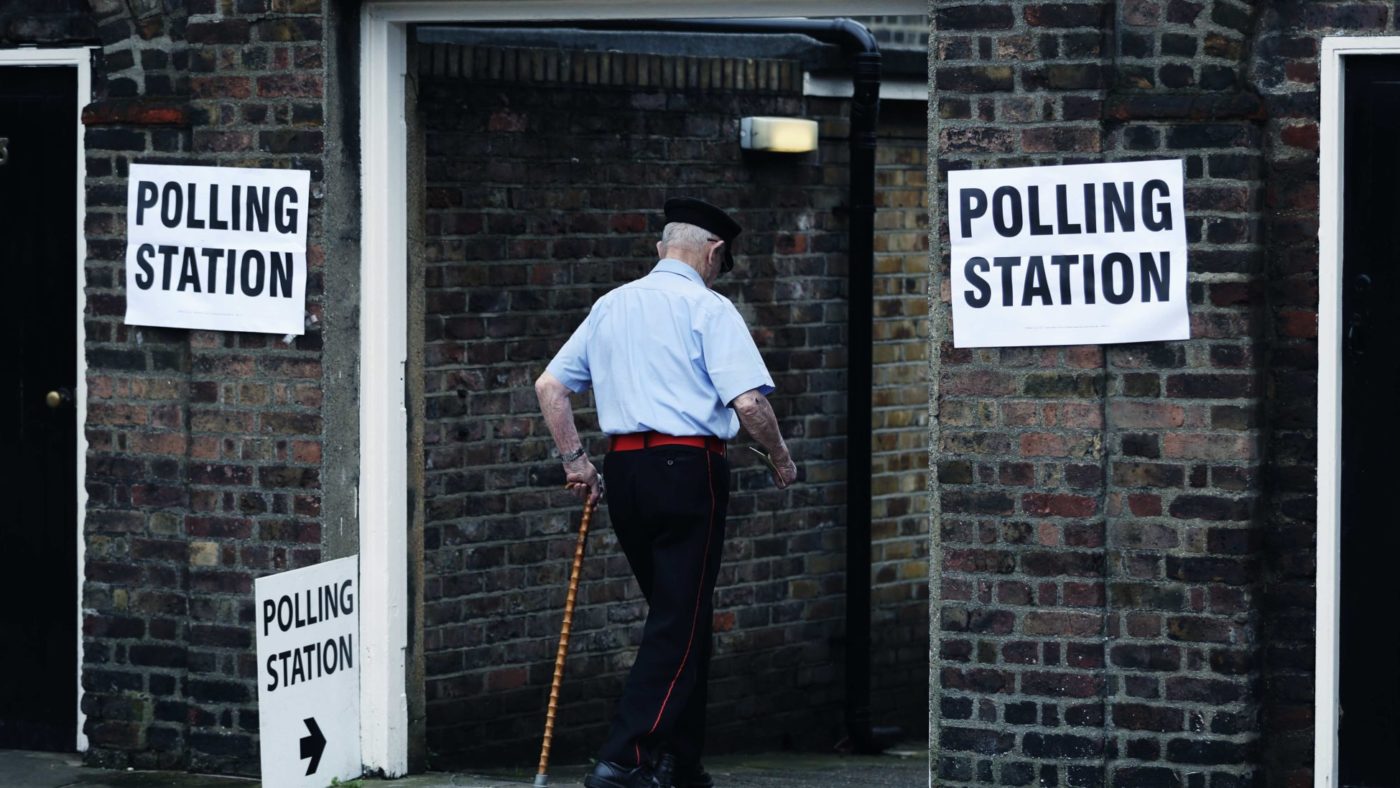It’s a truism that people get more conservative as they get older. A corollary of that is that older people tend to be more Eurosceptic – something emphatically borne out by the results of the Brexit referendum.
Among the arguments pushed by campaigners for a ‘People’s Vote’ (or ‘second referendum’) is that younger people overwhelmingly supported remaining in the EU, and they are the ones who will spend most of their lives dealing with Brexit, therefore they ought to get a second vote.
Some go further and suggest that there has already been enough of a demographic shift since 2016 to tilt the balance in Remain’s favour, and that we therefore ought to re-run the vote because the result would definitely be different.
An intriguing new paper provides some useful analysis of how this argument might develop in the years to come. Researchers Barry Eichengreen, Rebecca Mari and Gregory Thwaites have sifted through some 100,000 different data points spanning cohorts of voters from 1963 to 2017 to try to understand how ageing and when someone was born affects their views.
Unsurprisingly, they find that the “most UK recent cohorts are more pro-EU than their immediate (baby boomer) predecessors”. But interestingly, the generation before the boomers, i.e. those who lived through the Second World War as adults, also tended to be more pro-European — a reminder that the relationship between age and political outlook is not a simple one.
As for the future, the researchers’ conclusion is rather less dramatic than some Remainers might imagine — the UK is likely to become more pro-European over time, but the effect is not especially pronounced.
Our baseline estimates suggest that age and cohort effects together have reduced pro-EU sentiment by three percentage points over the past 40 years. This effect will be reversed by the middle of the present century, assuming that the attitudes of future cohorts resemble those of the currently young.
That assumption about future cohorts is, of course, a huge one. As the report rightly notes, more general factors like macroeconomic conditions will be much more important than age in shaping the British public’s view of Europe.
To that observation we should add a supplementary question: once we have left the EU, will being pro-European or Eurosceptic have anything like the same resonance as it does now, in the fire and fury of post-referendum politics?
That will itself depend on quite a few factors. The economic impact of leaving and the shape of the Brexit deal are clearly among the most important, especially in the near term.
But how things pan out on the continent is equally likely to influence the debate, not least the state of the Eurozone and how the remaining member states react to ever further integration. So too will the commitment of the continuity Remainers – will a substantial number keep trying to get us back into the EU, and will they find an electorate receptive to their cause, or one that just wants to stop banging on about Europe?


